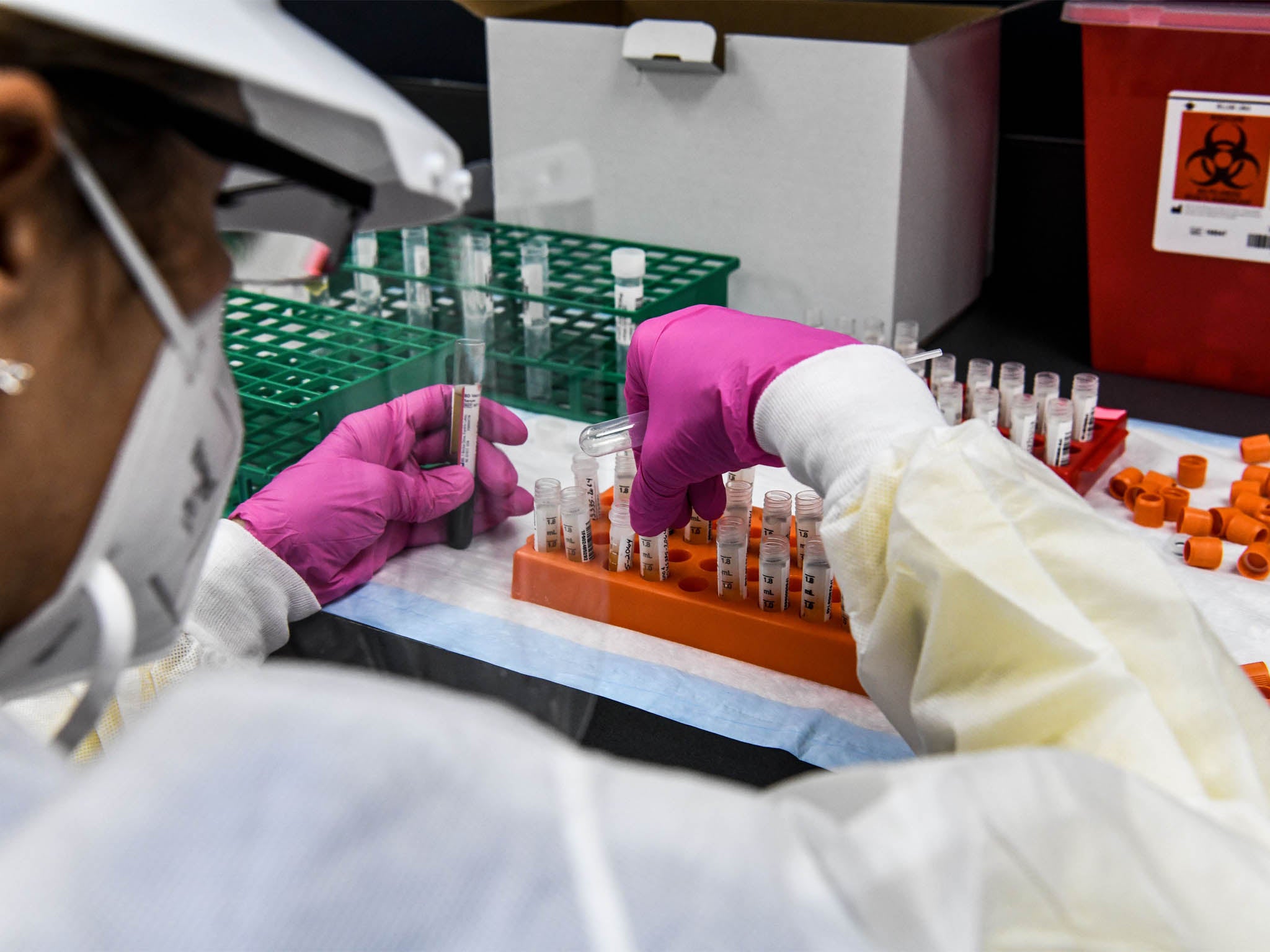Oxford Covid vaccine could be final piece of the jigsaw in bringing pandemic to an end
Analysis: Vaccine can be stored at normal fridge temperatures and is able to be transported and stored easily

Oxford University’s vaccine has been shown to be effective in protecting people from infection with coronavirus. It could be the last piece of the jigsaw in ending the threat of Covid-19 and lifting restrictions on normal life.
Overall the vaccine has been shown to be 70 per cent effective but intriguingly the results also show patients who first received a half dose, followed by a full dose of the vaccine effectiveness rose to 90 per cent – possibly suggesting the half vaccine somehow primed the immune system more effectively than the two full-dose regime.
And the news gets better – the vaccine trial indicates the medication could actually reduce transmission among those immunised after scientists observed a drop in asymptomatic spread of the virus.
While 70 per cent effectiveness may appear less good that Pfizer or Moderna's claims of 95 per cent efficacy, nevertheless such a performance would be more effective against coronavirus than the seasonal flu vaccine is against influenza (of around 40-60 per cent) and would be enough to give the community widespread protection.
The Oxford vaccine uses a chimpanzee cold virus to deliver a gene for making the coronavirus spike protein to human cells. The modified virus can’t replicate, so can’t cause infection itself but helps to generate an immune response to the spike protein meaning if the patient comes into contact with coronavirus, they should be protected.
The clinical trial also shows the virus is safe. A database of 24,000 volunteers from clinical trials in the UK, Brazil and South Africa shows no major side effects with only mild sore arms and fever among some patients.
The UK government has purchased 100 million doses of the Oxford jab, and if the half-dose regime is chosen as the better option that would extend doses to 150 million. More than enough doses to vaccinate the population many times over.
In partnership with pharmaceutical giant AstraZeneca, Oxford University has large scale manufacturing to produce doses of the vaccine which could be approved by the UK’s medicine regulator within weeks.
Alongside the Pfizer and Moderna vaccines that now means the UK has three effective vaccines against Covid-19 and immunisations could begin as soon as the end of December.
Health secretary Matt Hancock has said doses would be limited “to single millions” of doses.
The Oxford University vaccine has a major benefit over the others in that it does not need specialist cold storage freezers and be kept at a normal fridge temperature. This means the UK’s existing network of distribution for flu vaccines and similar medications can be adapted.
If as suggested its effectiveness is less than the Pfizer and Modern vaccines then the mass immunisation plan could easily allow those most vulnerable to be given the most effective vaccine followed by less susceptible patients getting the next-level vaccine.
These decisions will only be possible once regulators have reviewed the data and confirmed the details of each jab.
The NHS has already drafted plans to launch a mass vaccination drive with large vaccination centres being created in school halls and leisure centres as well as smaller pop-up mobile vaccine units to get to those in more rural areas.
Should regulators give the go ahead it now seems highly likely that the UK will be able to start vaccinations within weeks, before the end of the year. The vast majority will follow in the months ahead.
Science has now given mankind a way out of the darkness. The next challenge will be persuading the significant minority of people sceptical of vaccines to get immunised.
Join our commenting forum
Join thought-provoking conversations, follow other Independent readers and see their replies
Comments
Bookmark popover
Removed from bookmarks